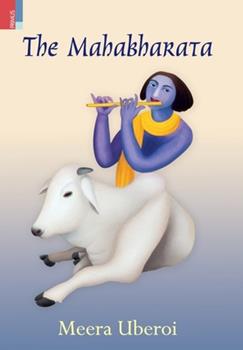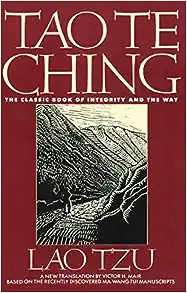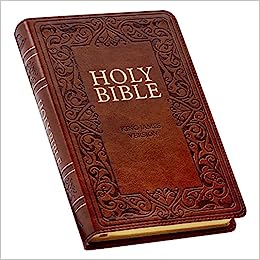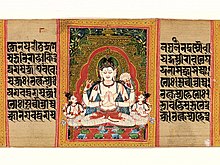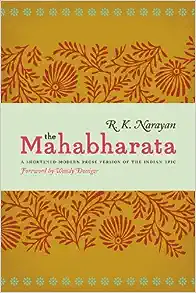Introduction
Sacred texts hold a unique place in the hearts and minds of believers, offering insights into spirituality, morality, and the nature of existence. Among these revered texts, the Mahabharata, one of the two great epics of ancient India, stands out as a multifaceted masterpiece. In this article, we embark on a comparative journey to explore the distinctive features of the Mahabharata in contrast to other revered sacred texts from various cultural traditions. I wanted to explore this topic further after discussing the Mahabharata in episode 25 which you can listen to
The Mahabharata and the Bible
The Mahabharata and the Bible are both sprawling narratives that address the complexities of human existence and the relationship between humans and the divine. Both the Mahabharata and the Bible are central to their respective religious traditions. The Mahabharata is a Hindu epic that tells the story of the conflict between two groups of cousins, the Pandavas and the Kauravas, along with the philosophical teachings of Lord Krishna. The Bible contains a collection of texts, including historical accounts, poetry, prophecies, and teachings, that are central to Judaism and Christianity.
While the Mahabharata weaves an intricate tapestry of dynastic struggles, ethical dilemmas, and cosmic philosophies, the Bible presents a series of books encompassing history, moral teachings, prophecies, and religious laws. Both texts contain themes of morality, spirituality, and the human condition, they emphasize different central messages. The Mahabharata delves into the complexities of duty, righteousness, and the consequences of actions, while the Bible emphasizes concepts like faith, redemption, and the relationship between God and humanity. The Mahabharata’s emphasis on individual choices and the interconnectedness of actions adds a nuanced layer to its moral teachings, setting it apart from the more prescriptive nature of the Bible.
Comparing the Mahabharata and the Quran
The Mahabharata and the Quran, the holy scripture of Islam, share common themes such as moral guidance and the consequences of actions. Both texts delve into the intricacies of human relationships, societal values, and ethical dilemmas. However, the Mahabharata’s epic scale offers a more panoramic view of life, human nature, and the universe, while the Quran’s succinct verses provide focused teachings and divine revelations.
The Mahabharata and the Tao Te Ching
In contrast to the grand narratives of the Mahabharata, the Tao Te Ching, attributed to the ancient Chinese sage Lao Tzu, offers a collection of concise verses that delve into the principles of Taoism. While the Mahabharata deals with epic battles and moral quandaries, the Tao Te Ching focuses on harmony, simplicity, and the natural order of existence. Both texts, however, share a common thread of exploring the balance between action and non-action, a concept central to understanding life’s intricate dynamics.
Buddhist Texts and the Mahabharata
Buddhist texts, including the Pali Canon and Mahayana scriptures, share philosophical elements with the Mahabharata, particularly in their emphasis on karma, reincarnation, and the pursuit of enlightenment. While the Mahabharata integrates these concepts into a grand narrative of duty and dharma, Buddhist texts place a greater emphasis on individual liberation and the path to enlightenment. The Mahabharata’s intricate character development and interwoven plotlines distinguish it from the more systematic approach of Buddhist scriptures.
Conclusion
Comparing the Mahabharata to other sacred texts reveals a diverse tapestry of spiritual insights, moral teachings, and cultural values. While each text emanates from unique cultural contexts, they all strive to address the human condition, ethical dilemmas, and the search for meaning. The Mahabharata’s distinctiveness lies in its expansive narrative canvas, which weaves together the cosmic and the individual, the philosophical and the mundane. Exploring the common threads and contrasts among these sacred texts enriches our understanding of the human quest for spiritual growth, ethical conduct, and the deeper truths that transcend time and culture.
What are your thoughts on sacred texts? Which one do you prefer? What wisdom have you gotten from sacred texts outside of your religion? Comment below.
